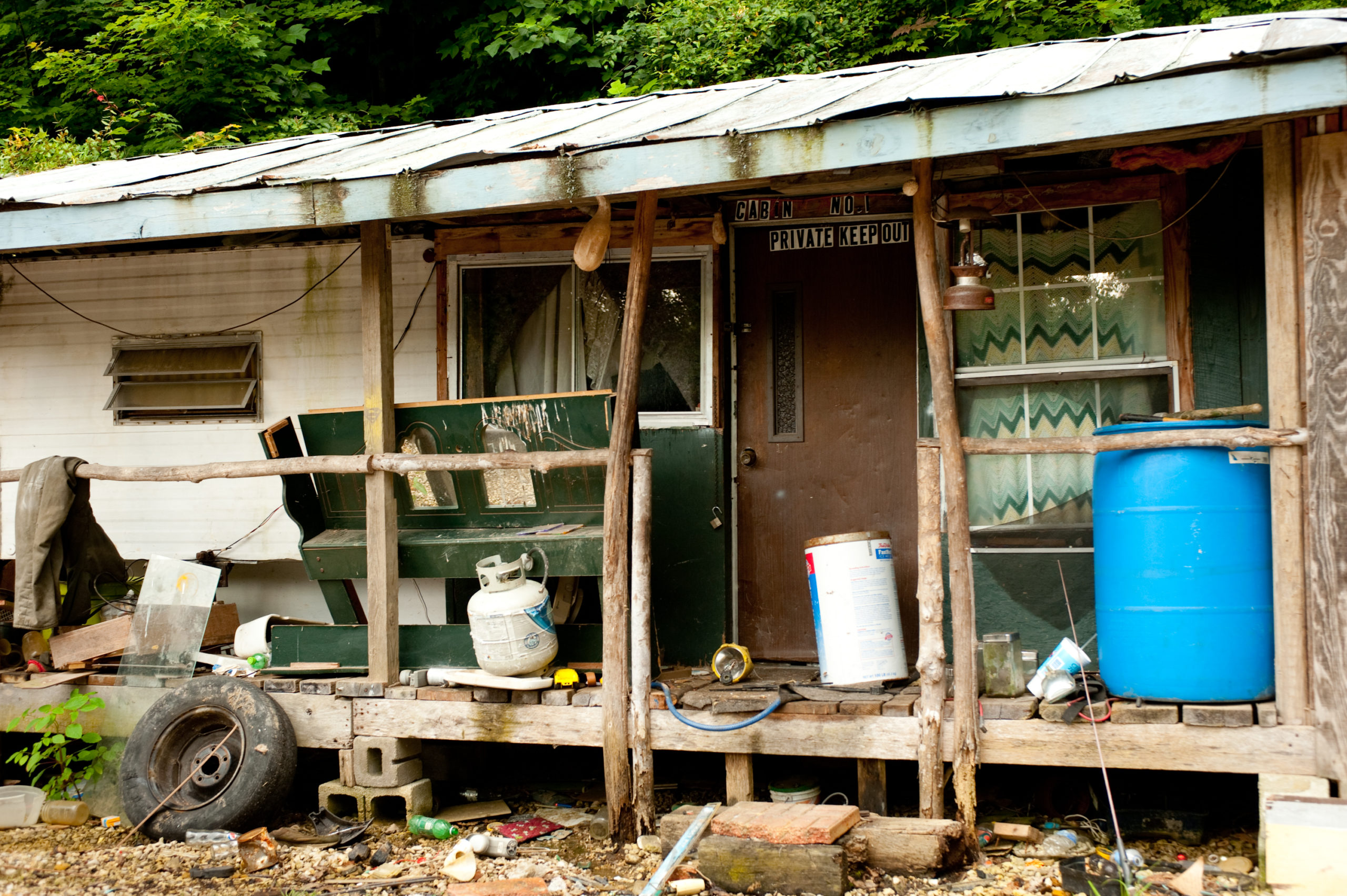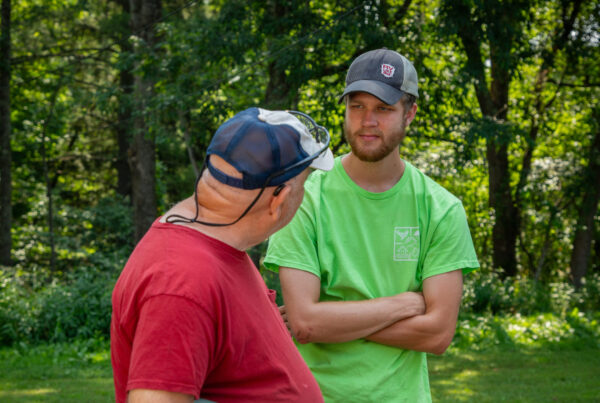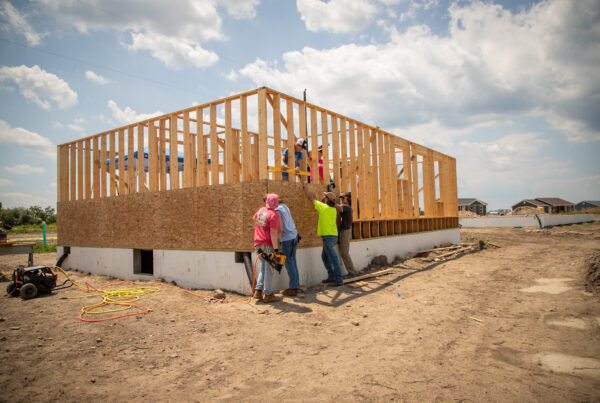Staffs throughout Appalachia have spent the past week preparing their counties for volunteers. They have been cleaning their centers, hanging signs, setting up supply rooms, pulling deeds at the courthouse, finding the best local spots, and, most importantly, making initial visits to the families who sent in applications for home repair.
Initial home visits allow staffers to practice driving, measuring, and communicating in order to figure out which projects best fit the scope of an ASP summer. While calculating the amount of materials needed for a project was challenging for me when I was on staff, the most challenging part was, and still is, leaving a home visit knowing we cannot provide them with the repairs they need.
This week, I went on home visits with the Leslie County staff. On our first visit, we met a woman named Natasha. She lives with her husband, daughter, and three sons who are on the Autism spectrum. Not long after our arrival, the daughter pulled me into her bedroom to show me her dolls, her castle-bed, the quote her mother wrote on her wall, and the collection of her dad’s figurines that his mother gave to him. I sat on the ground by her feet, which were dangling from the bed, and listened as she explained how she liked to take off her doll’s hat when new people came so they could see her pretty hair. The oldest boy came in after a few minutes and led me into his room, which he shares with his two brothers. The boys swung around on their bed frames, showed me their Ninja Turtles, and let me try on their dad’s black leather cowboy hat.

When another staffer came into the bedroom, I went to talk to Natasha in her kitchen. She showed me a hand-drawn diagram of their plans for the home. She pointed out the space on the paper allocated for two new bedroom additions and a new bathroom, and said she wants her home to be a place where her kids can be happy and safe.
We spent almost two hours at Natasha’s home, and as we walked up the driveway to our cars, Madeline and Katie, two of the Leslie County staffers, were beaming. They chatted about how happy it felt to know that this family will have the additions they need at the end of the seven-week ASP summer, and I was reminded of the ways this job makes people feel good.
I cried as I reversed out of her gravel driveway. I cannot imagine what it would feel like to live alone at ninety-one and only have company every few days when the next set of meals are delivered. As I drove further from her home, I was reminded of the ways this job uncovers sadness.
It is easy to imagine what a family feels like when we tell them we can provide them with home repair – we all love making second visits that often end in happy tears. We all love when we can use this job to make people feel good, but it is hard to come to terms with the fact that our job can also cause sorrow.
I wish ASP could work with every person who sends in an application. I wish we could build room additions for every family who needs more space, install new roofs for every soggy floor, and provide plumbing for every unusable toilet. I wish we could sit on the porch with every person like Elizabeth who just want to tell someone about how much they enjoy watching a mother bird feed her babies. I hope someday we can.
Jamie Tews is the Advancement Storytelling Intern this summer writing a weekly blog series titled “This Must Be The Place.” Prior to this summer, she was on staff in Breathitt County, Kentucky in 2016, Leslie County, Kentucky in 2017, and roamed around Appalachia as a staff liaison in 2018. She just graduated from Indiana Wesleyan University with a Bachelor’s degree in English and Writing, and she has plans to pursue an MFA in creative writing.




